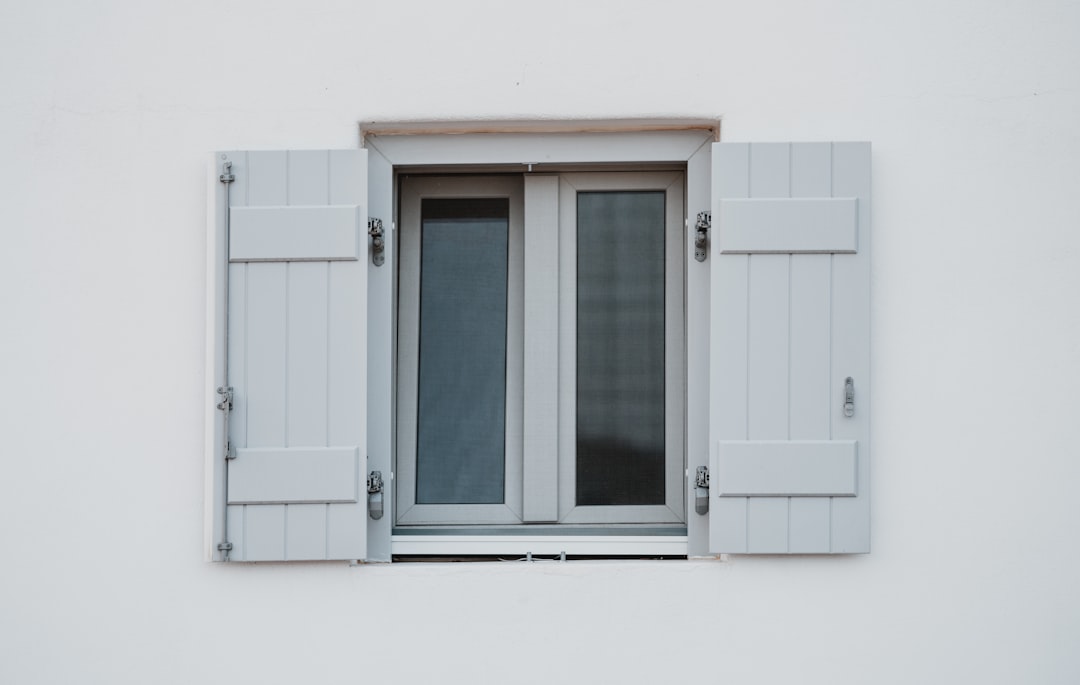CountBricks: Window Replacement NYC Cost & Savings Guide
Price source: Costs shown are derived from our proprietary U.S. construction cost database (updated continuously from contractor/bid/pricing inputs and normalization rules).
Eva Steinmetzer-Shaw
Head of Marketing
Understanding Window Replacement NYC Cost for Professionals
Window replacement in New York City is a crucial upgrade for enhancing energy efficiency and aesthetic appeal. For trade professionals, understanding the costs involved is essential. Current estimates for window replacement range from $448–$1,794 per unit, depending on materials and complexity. This guide provides a detailed breakdown of costs and factors influencing window replacement in NYC.
Why Updated Windows Are Essential in NYC
- Energy codes are becoming stricter, impacting utility costs.
- Older buildings often have outdated, inefficient windows.
- Modern windows reduce noise pollution significantly.
- Tax incentives are available for energy-efficient upgrades.
Factors Influencing Window Replacement Costs
1. Window Unit Selection
- Vinyl double-hung: $500–$850 each.
- Fiberglass casement: $800–$1,600 each.
- Aluminum tilt-turn: $1,069–$1,555 each.
- Wood clad: $1,100–$2,000 each.
2. Installation Complexity
- Ground-level installations: $164 per opening.
- Fifth-floor walk-ups: $134–$897 per opening.
- Landmark reviews may add costs.
3. Building Requirements and Codes
- NYC Energy Conservation Code compliance.
- Fire-escape egress requirements.
- Local Law 11 facade inspections.
4. Project Management Overhead
- Site protection and logistics.
- After-hours delivery to avoid congestion.
- Insurance and compliance documentation.
Average Price Ranges by Home Type
- Prewar Co-op: $4,480–$26,910 total.
- Brownstone Renovation: $8,000–$21,000 total.
- Luxury Condo: $10,000–$15,700 total.
How CountBricks Provides Accurate Estimates
CountBricks uses AI to deliver precise estimates by analyzing project details, material costs, and labor rates. This process ensures accuracy within 3% of the final cost.
Pro Tips to Lower Costs
- Schedule installations in winter for discounts.
- Choose factory-finished trims.
- Bulk purchase for rebates.
- Coordinate with energy upgrades for financing.
Frequently Asked Questions
How long does a typical project take?
Most projects are completed in two to four days, with larger projects taking up to two weeks.
Can I finance through energy savings?
Yes, financing options are available through green lenders.
Do I need a permit?
Permits may be required for facade alterations.
Why Choose CountBricks
- Accurate estimates within 3% of final cost.
- Voice-driven walkthroughs.
- Transparent pricing and fast approvals.
Case Study: Brooklyn Brownstone Retrofit
A Park Slope homeowner used CountBricks to replace fourteen windows while maintaining historic aesthetics. The project was completed efficiently, with costs controlled through AI-driven estimates.
Project Highlights
- Scope: 10 double-hung wood clad, 4 specialty units.
- Landmark review compliance.
- Four-story walk-up access.
CountBricks Workflow
- Voice walkthrough captured dimensions and details.
- AI provided pricing and compliance checks.
- Efficient scheduling and cost management.
Key Takeaways
- Transparency and efficiency kept the project on budget.
- Real-time data ensured compliance and swift substitutions.
Your Project Could Be Next
Explore more success stories and request your customized estimate at CountBricks.com.

